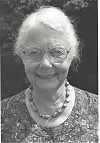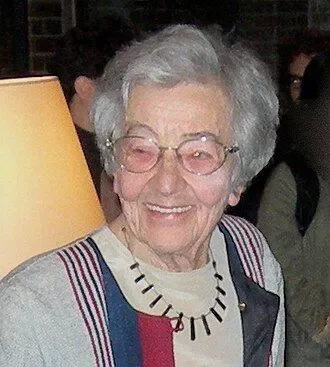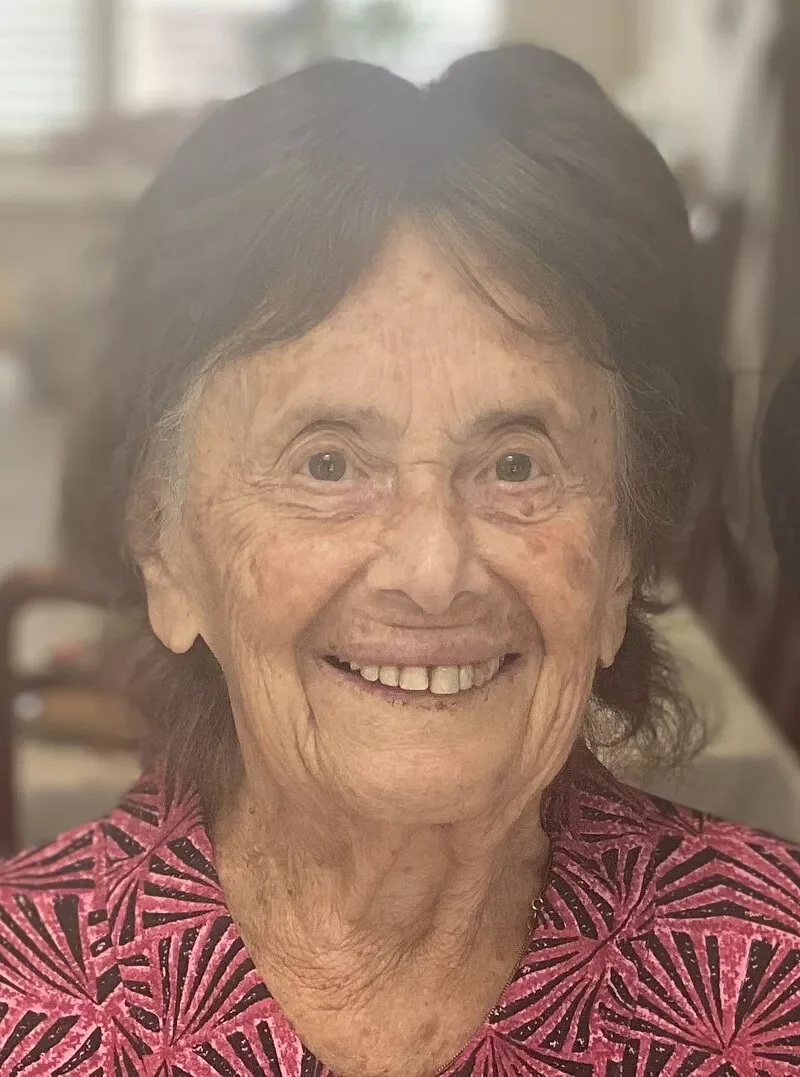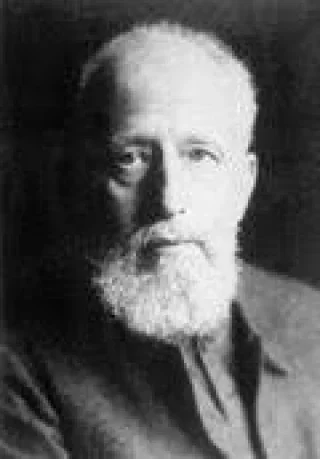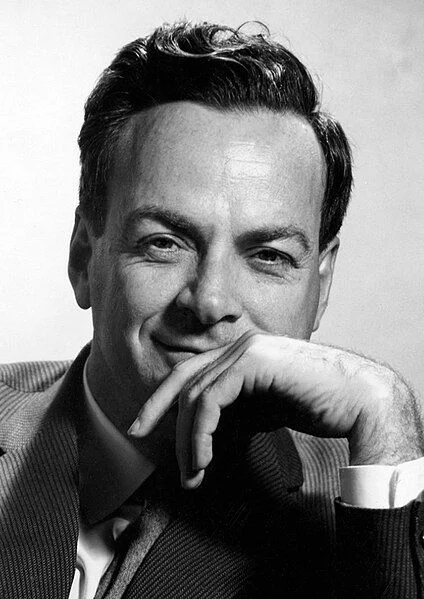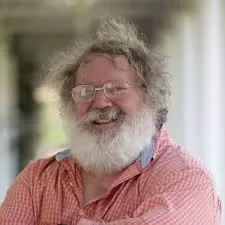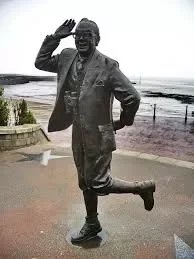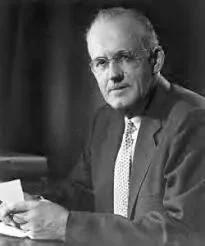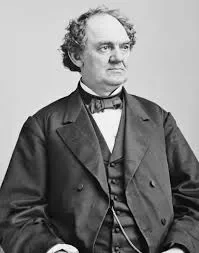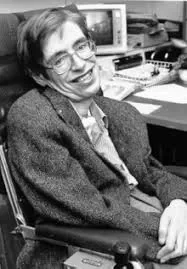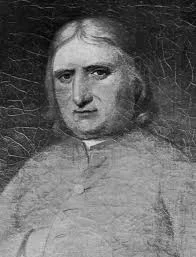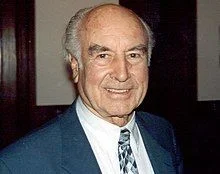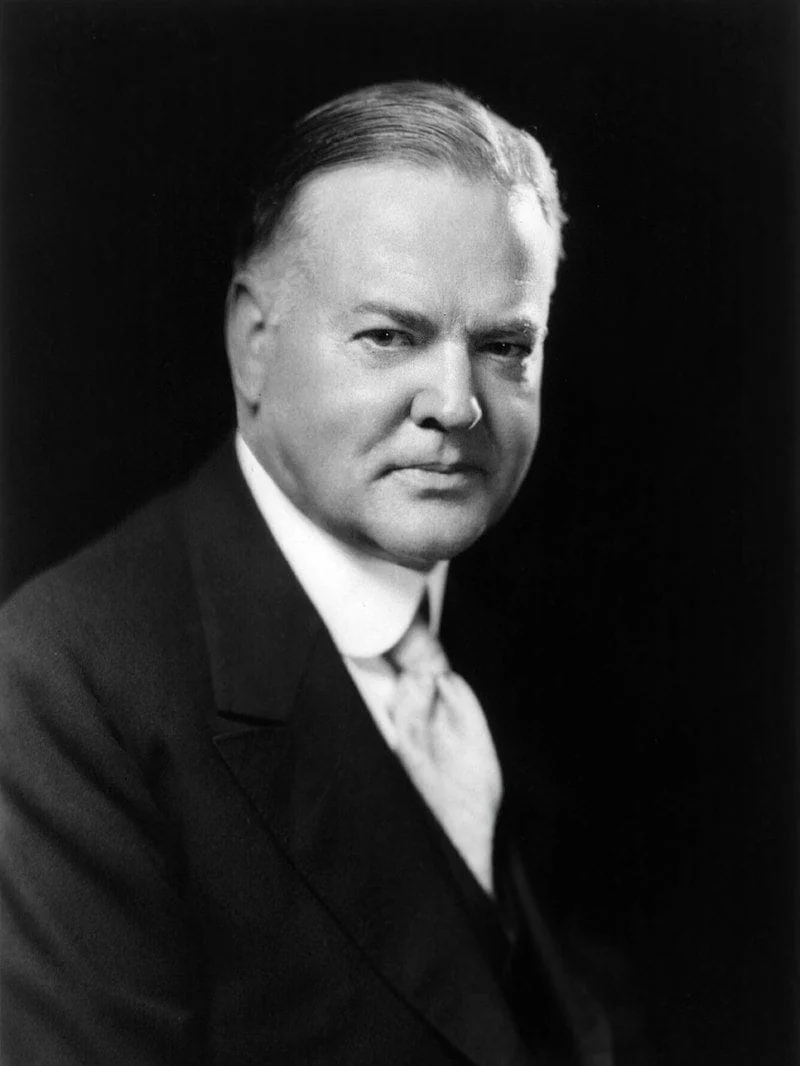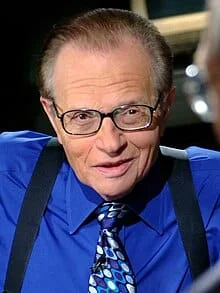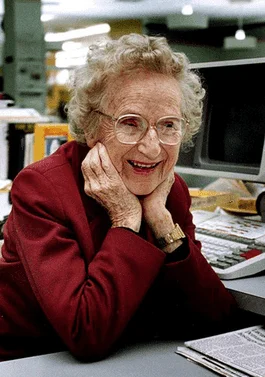Real Celebrities Never Die!
OR
Search For Past Celebrities Whose Birthday You Share
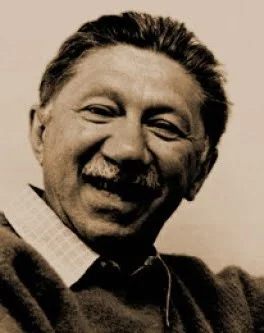
source:wikimedia.org
Abraham Maslow
Birthday:
01 Apr, 1908
Date of Death:
08 Jun, 1970
Cause of death:
Heart attack
Nationality:
American
Famous As:
Author
Age at the time of death:
62
Abraham Maslow's Quote's
Early Life and Education
Abraham Harold Maslow was a prominent American psychologist known for his contributions to the field of humanistic psychology and for creating Maslow’s Hierarchy of Needs. He was also a professor at Brandeis University, New School for Social Research, and Columbia University. Abraham Maslow gave importance to emphasizing the positive qualities of people.
Maslow was born on April 1, 1908, in Brooklyn, New York to Jewish immigrants from Russia. He was the oldest son of Samuel and Rose Maslow. Even if they were struggling financially his family gave importance to education and they sent Maslow to Boys High School, one of the top high schools in Brooklyn. As a child, Maslow and other people with his background had encounters with antisemitic gangs and acts of racism.
Academic Path and Shift to Psychology
During his early years, Maslow was fond of reading and spent most of his time in libraries among books. After high school, he attended City College of New York to study law but realized that was not his true passion and went to study psychology at the University of Wisconsin. In 1931, he completed his master’s thesis on the topic “learning, retention, and reproduction of verbal material” even though he thought it was unimpressive. He was granted his master’s degree in psychology.
Academic Career and Development of Humanistic Psychology
Abraham Maslow held various positions during his academic career and taught at several educational institutions, including Brooklyn College, the City College of New York, and Brandeis University. Maslow served as the president of the American Psychological Association, a highly respected position, in 1947. After World War II, Maslow delved into methods and ideas of psychology, which led him to develop humanistic psychology, emphasizing the importance of personal growth and the study of healthy individuals. He held academic positions and promoted humanistic psychology throughout his career.
Maslow’s Hierarchy of Needs and Self-Actualization
One of Maslow’s most notable and famous contributions was the development of Maslow’s Hierarchy of Needs, which is a theory that demonstrates human motivation and personal growth. He proposed the human needs in a pyramidal structure. Later, he explained the theory in more detail with the Fluid Hierarchy, where he described that human needs are relatively fluid. Maslow introduced the concept of self-actualization, which he described as the realization of an individual’s full potential and the qualities of self-actualizing people.
Meta-Motivation and Transpersonal Psychology
Maslow was also famous for coining the term “meta-motivation” to explain the motivation that goes beyond fulfilling basic needs. He was a central figure in the development of transpersonal psychology, which focuses on mystical and spiritual experiences. Maslow was also well-known for engaging in positive psychology, a movement that focuses on human strengths, well-being, and happiness.
Publications and Contributions to Psychology
During his career, Maslow authored multiple books on motivation and human development, including “Toward a Psychology of Being” (1962), “Motivation and Personality” (1952), “Eupsychian Management” (1965), “The Farther Reaches of Human Nature” (1971), and “The Psychology of Science” (1966).
Later Life and Legacy
In 1967, Abraham Maslow suffered a serious heart attack, which made him aware of his limited time. On June 8, 1970, at the age of 62, Maslow suffered a severe heart attack and passed away at Menlo Park, California, while he was on his morning run. Maslow’s contributions to the field of psychology, especially in human development and positive psychology, had a lasting impact on the field. His work laid the foundation for later psychologists in further studies and exploration.
Name:
Abraham Maslow
Popular Name:
Abraham Maslow
Gender:
Male
Cause of Death:
Heart attack
Spouse:
Place of Birth:
Brooklyn, New York, U.S
Place of Death:
Menlo Park, California, U.S.
Occupation / Profession:
Personality Type
Logician: Innovative inventors with an unquenchable thirst for knowledge. His contributions to psychology was possible because of innovative thinking.
Abraham Maslow edited Principia, the school's Physics paper.
Abraham Maslow was criticized as too soft scientifically by American empiricists.
Abraham Maslow was so ashamed of his thesis that he removed it from the psychology library and its catalog listing.
Developed a hierarchy of needs to explain human motivation
He was named 1967 Humanist of the Year by the American Humanist Society.

